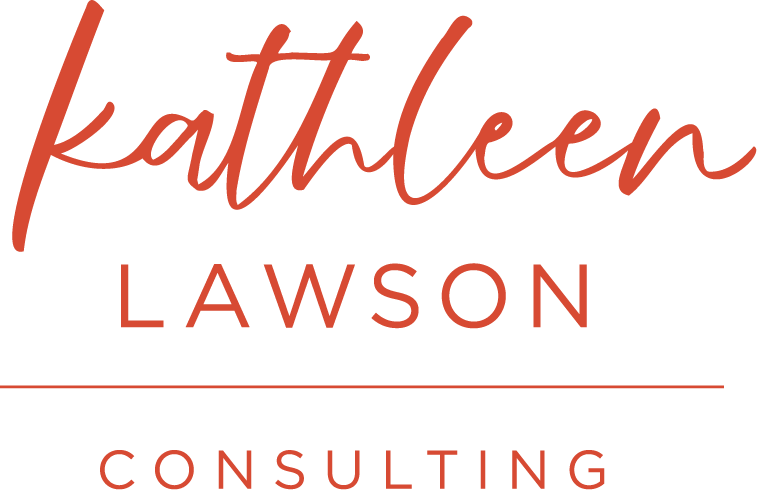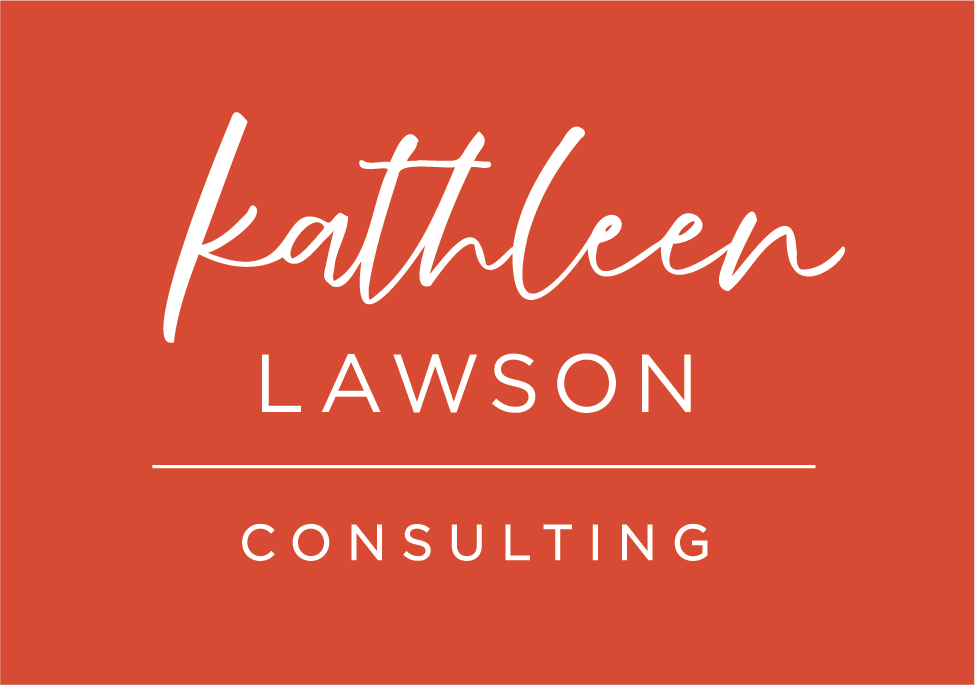The Soft Skills Necessary to Start a Business
When I work with clients who are just starting their businesses, they immediately want to get the tactical things in place - branding, bookkeeping, developing offers, clarifying their ideal client, marketing. It’s rare they think about the less tangible but equally important things - “soft” skills necessary to start a business - and they’re often surprised when I bring this up.
Soft skills haven’t always gotten the kudos they deserve, but today many people reference them as “power skills.” Why? If you don’t have them, you could end up pounding the pavement looking for a new job.
What the Heck is a Soft Skill?
Hard skills are the tactical skills needed to physically do a job. They tend to be teachable, measurable, and/or industry specific.
Soft skills are less tangible but in some ways more crucial to have.They tend to be emotional, individual, and/or psychological, usually based in morals and values.
For example, you may be highly skilled and credentialed in computer programming and coding, but if you don’t know how to collaborate with clients, listen to leadership, or manage your staff, you will struggle to be successful.
Let’s look at some soft skills that small business owners need to succeed.
Handling the “Feels” of Starting from Square One
So many women I work with come from long-term, high-powered corporate careers. They’ve climbed the ladder and become confident in their abilities in that position. When you start your own business, you need to master all the positions. You are the CEO, and you’re also the admin and the coffee girl. There’s humility in grasping that you don’t know everything you need to in the beginning.
Making Friends with Failure
A group of experienced entrepreneurs can laugh now about their initial trial and error stories - no one signing up for their program, accidentally deleting proposals that took hours to write, undercharging and overworking. But when you’re in the moment of what seem like humiliating situations, your disappointment will be no laughing matter. This is part of the entrepreneurship process. Each attempt to sell a product or service will be market research, with no guarantees. You have to be willing to go back to the drawing board a few times to get it right.
Selling is a necessity, not an option.
In your previous corporate job, unless you were specifically in sales, someone else did the selling and you did the thing you do. Now as a new business owner, you are the director of sales. You have to sell the offer or service you want to provide. You will never get promoted out of your own sales department. The best you can do is jump in and embrace it. Learn how to do it, then learn how to get better at it. Unfortunately I have seen people walk away from their businesses because they just didn’t want to do any selling.
Develop Resilience Sooner Rather than Later
No one promises you a rose garden when you start your business. There are ups and downs, difficult clients and slow periods. There will be flawless projects and difficult ones. You have to be prepared for both the bitter and the sweet. Resilience is the character trait that will help you learn from it, bounce back, and move forward from each experience.
A “Figure it Out” Mentality
In other words, resourcefulness. Problem solving skills. You can’t give up every time you run into something you don’t know how to do. It’s all one big experiment. You have to put on your superhero cape along with all the entrepreneurial hats and learn new things to ensure your success as a business owner.
Self Confidence
In those early days of entrepreneurship, you won’t have a ton of experience or testimonials. So you have to show up believing in yourself so your clients will believe in you, too. This is when you have to talk the talk until you can walk the walk (see A Figure it Out Mentality, above). Keep reminding yourself that you started your business because you were passionate about your ideas and confident in your ability.
Hold Yourself Accountable
The only person you have to answer to is you, so you also have to ask the questions, set the deadlines, and honor the boundaries. When you start a business your responsibility for following through is automatic. You and only you have to make sure you do what you say you are going to do.
These are just some of the key soft skills a new business owner needs for a good start. If you’re a new business owner in need of strategy and support to get things going, I’d love to help.


